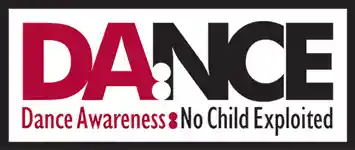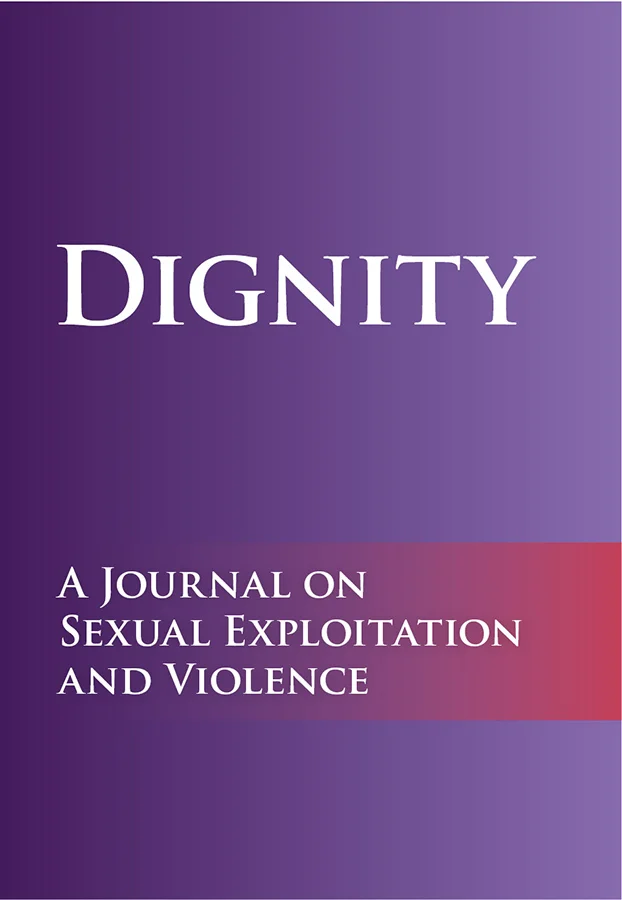
Dance Awareness: No Child Exploited has just released 2 short trailers that summarize the 20 minute film ‘Healthy or Harmful dance: What Do the Experts Say?’ The film is being featured at the 2020 online NCOSE Summit that educates adults to protect children from hypersexualization in adult costumes, choreography and music. The R trailer includes more graphics to illustrate the point; the PG version of the trailer high-lights experts with additional face-to-face interviews that illustrate the point. Please share them on social media:
It’s clear that the content of the long and short resources emphasize the contrast between the beauty of healthy, educational dance for children versus the harmful outcomes of hypersexualized dance. The implicit message for viewers is Informed Choice.
“Life is about choice. The choices you make are going to dictate the life you lead. When you get that, that is when your life is going to start coming alive.” Valerie Kondos Field, former UCLA gymnastic coach: criticizing USA gymnastics for enabling the culture of child abuse created by Dr. Larry Nassar
It really is all about choice. It’s not about dance being a ‘bad’ thing. It’s about the distortion of the art of dance.
Let’s start by reviewing the benefits of healthy dance. The research shows multiple positive outcomes when a child takes dance in a healthy, age-appropriate atmosphere. Just this month, a group of arts educators spelled out 3 reasons that arts education is essential:
- Arts education supports the social and emotional well-being of students, whether through distance learning or in person.
- Arts education nurtures the creation of a welcoming school environment where students can express themselves in a safe and positive way.
- Arts education is part of a well-rounded education for all students as understood and supported by federal and state policymakers.
In another article, Nancy Zimmerman, director of Jewish life and culture at the Mandel Jewish Community Center in Beachwood said, “Arts education gives you so much of a well-rounded education. It pairs nicely with so many other things kids are doing in school, so whether you’re left- or right-brained, it helps you think and work more creatively and out of the box.” When taught in an age-appropriate way, dance is a wonderful activity for children.
But there’s a dark side to this picture. Like everything, children’s dance can be mis-used. Let’s look at why. A few days before the NCOSE Coalition Summit began, staffer Sommer Porter wrote an article citing research that showed the horrific outcomes affecting the hypersexualization of children in dance. She cited DA:NCE as a resource foundation. Then I ran across this insightful article by Jessica Sayers in a parenting magazine and another similar article in a Christian magazine warning parents to evaluate their dance studio choices before enrolling their child. Parents are protective factors. The bottom line is that adults make the dance studio choice for a child. Just last week, to reinforce that idea, I spent time watching a Ted Talk by Dr. Jennifer Brown defining the adverse effects of hypersexualization on a child’s overall development. This includes brain research citing the harmful effects of hypersexualization on cognitive development. Once you see the data, it’s impossible to ignore the outcomes based on either harmful or healthy dance. I also know that many of us hesitate to engage in conversations with others because sexual issues are difficult to articulate and because we live in a polarized culture where reactive responses lead the day.
Can I share one weapon in your conversation arsenal that you probably haven’t thought of: kindness. What? What does kindness have to do with the hypersexualization of children in dance? Friends, watch the 20 minute film and evaluate whether DA:NCE presents the issue with kindness or without it. Communicating kindly does not mean that the message is compromised. From my perspective, I think that the way we package the message about a pornified, hypersexualized culture is just as important as the message itself. Several well-known authors & researchers agree with me: Ethos3, Brene Brown, news articles on this topic, and a good friend of mine, Jesus: “Be kind to one another, tenderhearted, forgiving one another, as God in Christ forgave you.” Eph 4:32
In an out-of-control, polarized culture, kindness is an informed choice I can activate to share my message. “We have to be intentional about choosing kindness and generosity.” Brene Brown
Can I encourage you to season your words and your personal social media accounts with kindness as you share the DA:NCE PG & R Trailers? 



